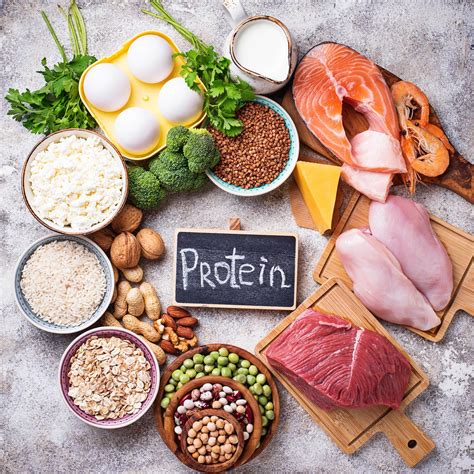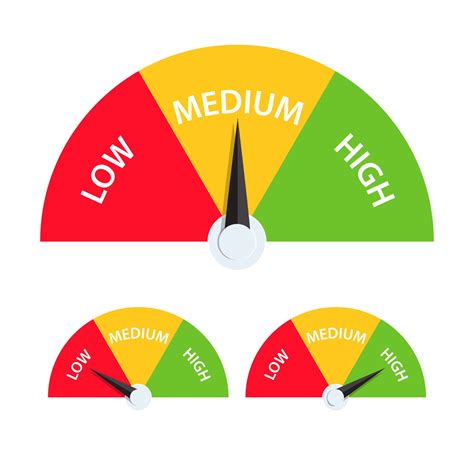Daily protein needs for men: Maximize muscle growth & recovery?

Understanding Protein’s Pivotal Role for Men
Protein isn’t just a buzzword in the fitness world; it’s a fundamental macronutrient essential for countless bodily functions, especially critical for men aiming to build muscle, enhance recovery, and maintain overall health. From synthesizing new muscle tissue to repairing microscopic tears after a strenuous workout, protein acts as the primary building block. Ignoring your protein intake can hinder progress, prolong recovery, and even compromise your health goals.

Why Protein Matters Beyond Muscle Mass
While muscle growth is often the primary focus, protein’s benefits extend far beyond aesthetics. For men, adequate protein intake supports:
- Hormone Production: Essential for producing testosterone and other vital hormones.
- Enzyme and Immune Function: Proteins form enzymes that drive metabolic reactions and antibodies that fight infections.
- Satiety and Weight Management: Protein is highly satiating, helping to control appetite and prevent overeating, which can be beneficial for fat loss while preserving muscle.
- Bone Health: Contributes to bone density and strength, an often-overlooked aspect of men’s health.
How Much Protein Do Men Really Need?
The Recommended Dietary Allowance (RDA) for protein is 0.8 grams per kilogram (g/kg) of body weight, which translates to about 56 grams for a sedentary man weighing 70 kg (154 lbs). However, for men engaged in regular physical activity, especially resistance training, this figure is often insufficient to maximize muscle growth and recovery.
Current research suggests that active men, particularly those looking to gain muscle or maintain it during a caloric deficit, should aim for a higher intake:
- Resistance-trained individuals: 1.6 to 2.2 g/kg of body weight per day.
- Endurance athletes: 1.2 to 1.4 g/kg of body weight per day.
- Men over 50: May benefit from slightly higher intake (1.0-1.2 g/kg) to counteract age-related muscle loss (sarcopenia).
For a man weighing 80 kg (approximately 176 lbs) who actively lifts weights, this could mean anywhere from 128 to 176 grams of protein daily.

Calculating Your Optimal Protein Intake
To determine your ideal daily protein intake, consider your:
- Body Weight: Use your current weight in kilograms (lbs / 2.2 = kg).
- Activity Level & Goals: Are you sedentary, moderately active, or intensely training for muscle gain/fat loss?
Example: An 85 kg (187 lb) man aiming for muscle growth would target 1.8-2.0 g/kg, meaning 153-170 grams of protein per day.
It’s often more effective to calculate based on lean body mass if you have a high body fat percentage. If you know your body fat percentage, subtract the fat mass from your total weight to get your lean mass, then apply the protein multipliers to that number.

Top Protein Sources for Men
Achieving your protein goals is easier when you focus on high-quality sources. Prioritize whole foods over excessive supplementation, though supplements can be convenient.
Animal-Based Proteins:
- Lean meats (chicken breast, turkey, lean beef, pork)
- Fish (salmon, tuna, cod, tilapia)
- Eggs
- Dairy products (Greek yogurt, cottage cheese, milk)
- Whey and casein protein powders
Plant-Based Proteins:
- Legumes (lentils, chickpeas, black beans)
- Tofu, tempeh, edamame
- Quinoa
- Nuts and seeds (almonds, chia seeds, hemp seeds)
- Plant-based protein powders (pea, soy, rice)

Timing and Distribution of Protein
While total daily intake is paramount, how you distribute your protein throughout the day can also play a role in maximizing muscle protein synthesis. Aim to consume protein at regular intervals:
- Spread it out: Distribute your total protein goal across 3-5 meals or snacks throughout the day (e.g., 20-40 grams per meal). This ensures a steady supply of amino acids for continuous muscle repair and growth.
- Post-workout: Consuming protein within a few hours after resistance training helps kickstart the recovery and muscle-building process.
- Before Bed: A slow-digesting protein source like casein or cottage cheese before sleep can support muscle repair overnight.

The Bottom Line
For men looking to maximize muscle growth, enhance recovery, and support overall health, a daily protein intake higher than the standard RDA is generally recommended. Aim for 1.6 to 2.2 g/kg of body weight, focusing on a variety of high-quality protein sources spread throughout your day. Listen to your body, track your progress, and adjust as needed. Consulting with a registered dietitian or nutritionist can provide personalized guidance to ensure you meet your specific goals effectively and safely.








